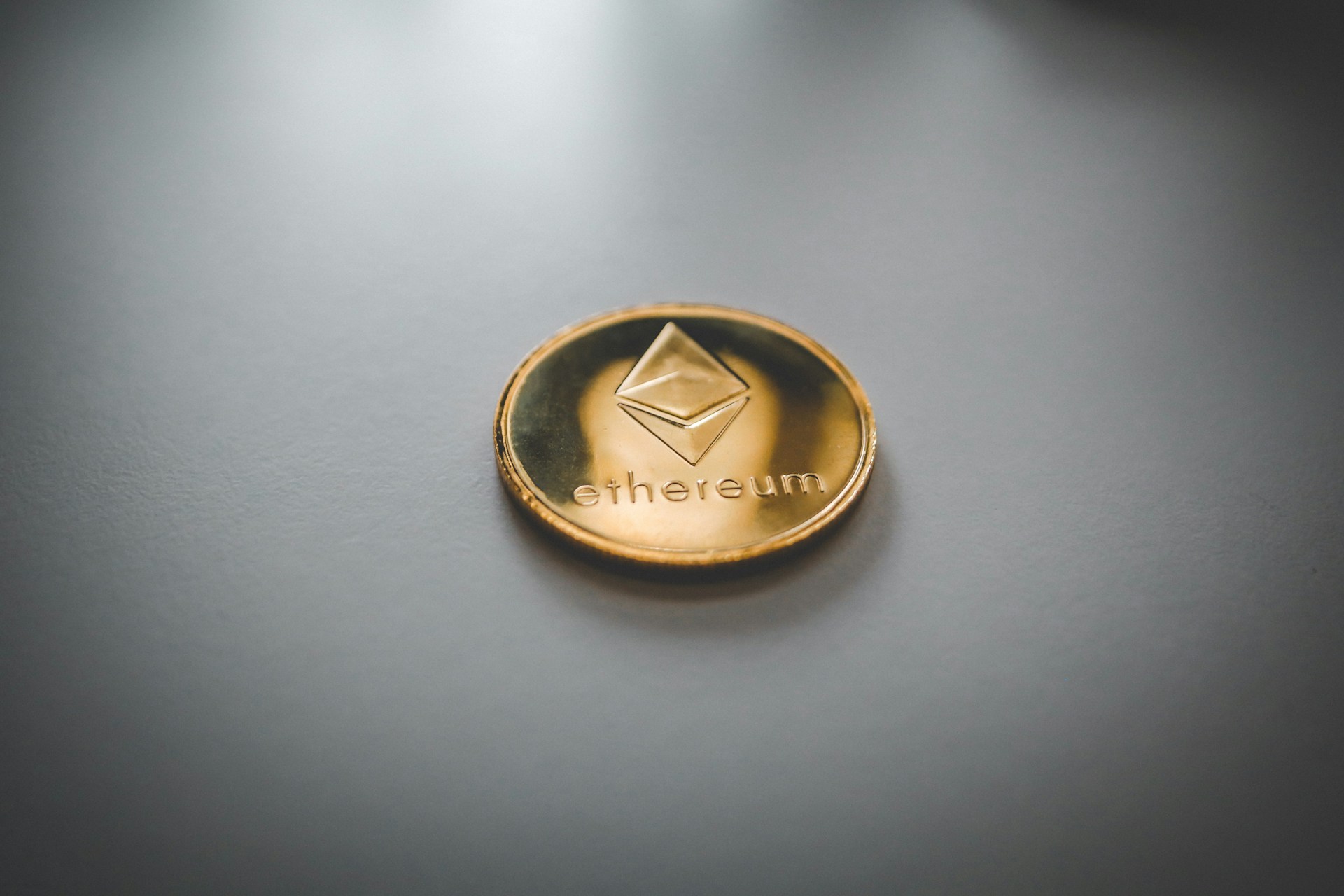The cryptocurrency landscape is no stranger to volatility, but recent events involving Ethereum co-founder Vitalik Buterin have ignited a heated debate within the community. In September 2024, Buterin sold a significant portion of his Ethereum holdings, sparking concerns among investors and raising questions about the impact of founder sell-offs on market stability. This incident has led to widespread discussions about whether external limits should be imposed on founders when selling their tokens.
The Trigger: Buterin’s ETH Sales Shake Investor Confidence
Vitalik Buterin’s decision to sell 950 ETH on September 11 caught many by surprise. This move followed an earlier transaction in August when he swapped 190 ETH for USDC. While Buterin clarified that his sales were conducted through an automatic cowswap TWAP (Time-Weighted Average Price) order to minimize market impact, the community remained uneasy.
Investors feared that such large sell-offs by a prominent figure could signal a lack of confidence in the project’s future or negatively influence Ethereum’s price. The timing was particularly sensitive, as Ethereum’s Total Value Locked (TVL) had been stagnating, hovering around $45 billion in mid-September after slight fluctuations earlier in the month.
Survey Reveals Deep-Seated Concerns
To gauge investor sentiment, a survey involving 5,778 Ethereum investors was conducted. The results were telling:
- 54.7% of respondents said Buterin’s actions influenced their ETH trading decisions “a lot.”
- Another 33.5% admitted they were influenced “a little.”
- Only 11.8% reported no impact on their trading choices.
These figures highlight the significant sway that founders have over investor behavior, emphasizing the importance of transparency and trust within the crypto community.
Calls for External Limits on Founder Sell-Offs
The survey also uncovered strong support for imposing restrictions on founder sell-offs:
- Nearly 80% of participants believe that external limits should be placed on the amount of ETH founders can sell at once.
This sentiment stems from concerns that large, sudden sell-offs can create market instability, erode investor confidence, and potentially lead to price manipulation. Advocates for limits argue that such measures would protect the broader community’s interests and ensure a fairer trading environment.
Trust in Leadership: A Double-Edged Sword
Despite the controversy, Ethereum’s leadership still enjoys a high level of trust:
- 45.3% of respondents described the leadership as “always transparent.”
- 37.6% felt they were “mostly transparent.”
- A minority of 10% expressed concerns over a lack of transparency.
This dichotomy underscores the complex relationship between founders and their communities. While trust remains generally strong, actions like significant token sell-offs can quickly erode goodwill and prompt calls for increased accountability.
The Broader Implications for the Crypto Industry
The debate sparked by Buterin’s ETH sales extends beyond Ethereum, touching on fundamental issues relevant to the entire cryptocurrency ecosystem.
Market Stability
Large sell-offs by founders or significant stakeholders can lead to market volatility. This instability not only affects current investors but can also deter potential newcomers due to perceived risks.
Regulatory Scrutiny
As cryptocurrencies gain mainstream attention, regulatory bodies are increasingly interested in how these markets operate. High-profile events like this could accelerate discussions around regulation, particularly concerning market manipulation and insider trading.
Investor Protection
The crypto community values decentralization and freedom from traditional financial constraints. However, incidents that negatively impact investors may prompt a reevaluation of the need for protective measures within a decentralized framework.
For a comprehensive understanding of these dynamics and their impact on the crypto landscape, consider exploring this in-depth report on shifting investor sentiments, which delves into market trends and the potential need for regulatory interventions.
The Counterarguments: Freedom and Decentralization
Not everyone agrees that imposing limits on founder sell-offs is the right approach. Critics argue that:
- Autonomy: Founders should have the freedom to manage their assets as they see fit, without external constraints.
- Market Principles: The crypto market is built on decentralization and free-market dynamics. Imposing limits could undermine these foundational concepts.
- Slippery Slope: Introducing restrictions in one area might lead to increased regulation across the board, potentially stifling innovation.
These counterpoints highlight the tension between maintaining a free, open market and protecting the broader community’s interests.
Looking Ahead: Potential Solutions and Next Steps
The crypto community is now at a crossroads, contemplating how to balance individual freedoms with collective security. Some potential avenues for addressing these concerns include:
Voluntary Transparency Measures
Founders could commit to increased transparency regarding their holdings and intentions to sell. Advance notices or scheduled selling plans might alleviate sudden market shocks.
Smart Contract Mechanisms
Implementing smart contracts that automate and limit the sale of large holdings could provide a decentralized solution, maintaining autonomy while introducing safeguards against market manipulation.
Community Governance
Decentralized Autonomous Organizations (DAOs) and other community-led governance models could establish guidelines for founder sell-offs, ensuring decisions reflect the majority’s will.
The Community’s Role in Shaping the Future
Ultimately, the crypto community’s response to these events will set precedents for handling similar situations in the future. Active engagement, open dialogue, and collaborative problem-solving are essential.
Investors are encouraged to stay informed, participate in discussions, and consider the broader implications of their positions. Balancing individual rights with collective well-being is delicate but crucial for the sustainable growth of the cryptocurrency ecosystem.
Conclusion
Vitalik Buterin’s recent ETH sales have ignited a vital conversation about founders’ responsibilities and the protections needed for investors. As the debate unfolds, it presents an opportunity for the crypto community to reflect on its values and chart a path that fosters trust, stability, and innovation.
Whether through voluntary measures, technological solutions, or community governance, addressing these concerns is essential for the crypto market’s maturation. The actions taken now will shape the industry’s trajectory for years to come.












